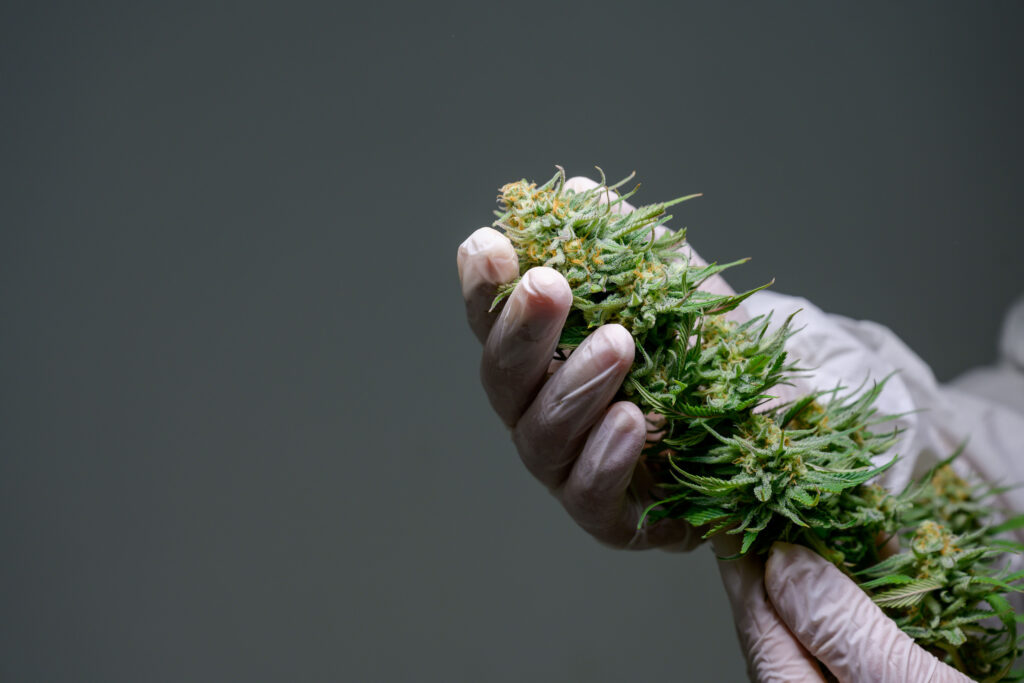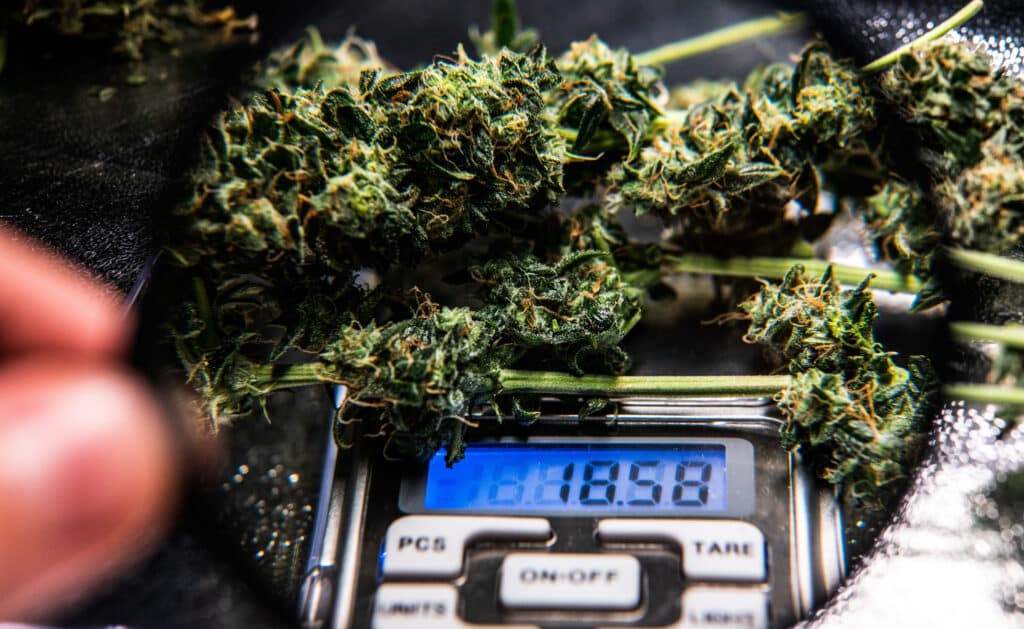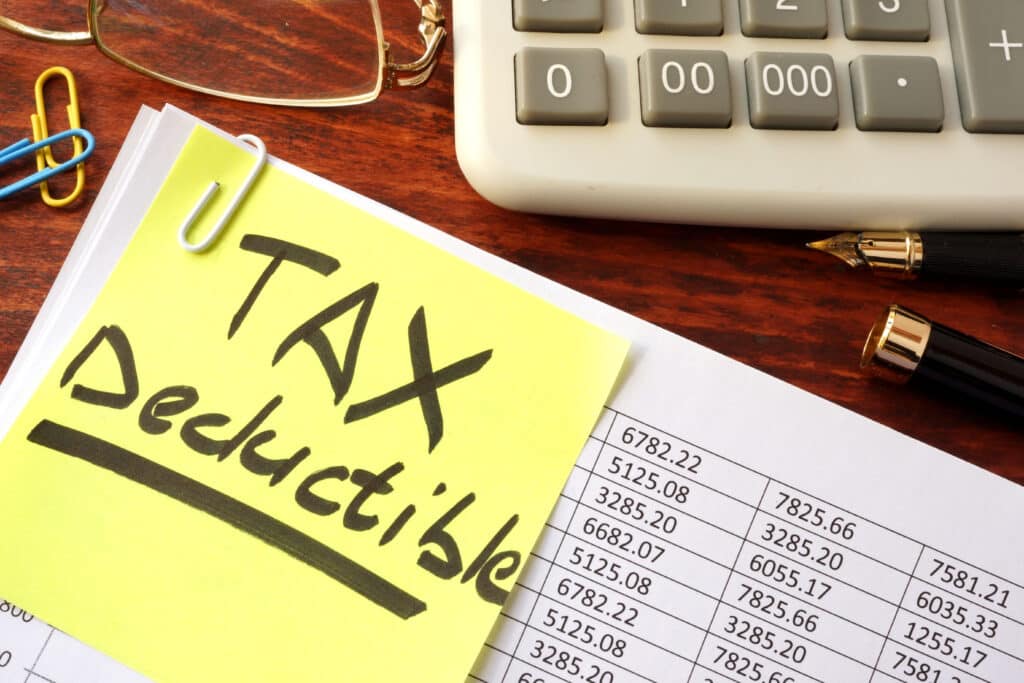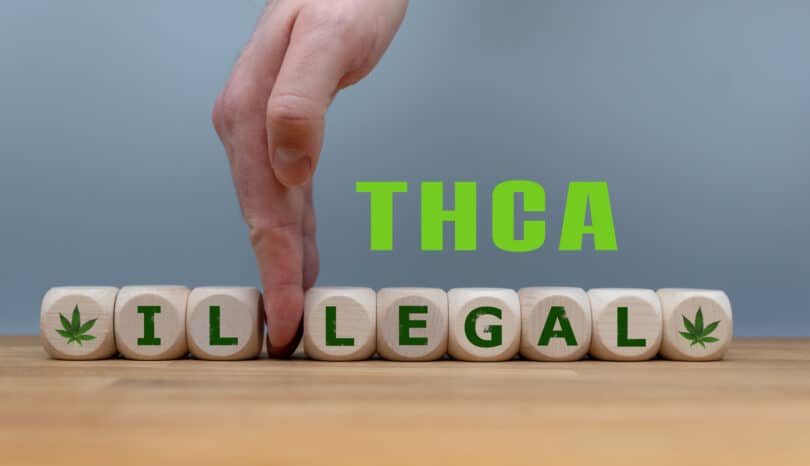The cannabis space is a strange and growing place. But even as good statistic after good statistic comes out, and even after a pardon for all simple possession cases; the federal government lags behind in terms of general reform. Now, as the THCA loophole widens; it seems the DEA is trying backhandedly, to keep you from buying certain products
This article is the opinion of the writer in regards to an on-going story related to the legality of THCA and a recent DEA statement
The THCA loophole
THCA is interesting because it’s the compound found in fresh cannabis plants, but it isn’t associated with intoxication. THCA, or tetrahydrocannabinolic acid, is the precursor to delta-9 THC, the compound we most associate with getting high from weed. The reality is that the general definition of marijuana, does include all parts of the plant, whether in the ground or not; which makes THCA automatically illegal federally when it comes from a marijuana plant. Recently, the DEA had more to say on hemp-derived THCA, as its sale now booms out-of-control in the US.
The THCA loophole is powered by the 2018 US Farm Bill; the same legislation that led to CBD markets, and delta-8 THC. Though there is a big debate over delta-8 legality; the fact that it always requires synthetic processes, makes it less of an actual legal argument. THCA, on the other hand, is in greater amounts in all cannabis plants, and turns into THC with heat; meaning weed sold as ‘THCA’ weed, is just regular weed. It’s essentially playing around with semantics. The loophole is because THCA can be extracted directly from hemp, and without synthetic processes. Or the flower, simply smoked.
The 2018 Farm Bill legalized industrial hemp. It set a cutoff of .3% delta-9 THC, with all plants and products below that limit considered ‘hemp,’ and all above considered ‘marijuana.’ Hemp was given its own definition at that time: “the plant Cannabis sativa L. and any part of that plant, including the seeds thereof and all derivatives, extracts, cannabinoids, isomers, acids, salts, and salts of isomers, whether growing or not, with a delta-9 tetrahydrocannabinol concentration of not more than 0.3 percent on a dry weight basis.”

In terms of delta-8 THC, a minor cannabinoid produced in tiny amounts not large enough for direct extraction and product production, the answer is easier. ‘Hemp’ doesn’t allow for synthetics or synthetic processing, and the DEA reinforced this. So, admittedly, it makes sense legally that delta-8 isn’t legal. But THCA is different. It can be extracted from hemp without synthetic processing. And it isn’t actually delta-9 THC.
Recent DEA statement on THCA
First and foremost, this article is about legalities. I don’t think what I’m about to say matters anymore. There are real issues in the US; with drugs, violence, and a host of other factors. Considering weed doesn’t really cause problems – apart from high-THC products sold only on the black market (still not related to death), or the use of additives in vapes, (which could be regulated out)…it doesn’t make sense to care. But for the sake of getting it right, let’s care about it anyway!
The DEA didn’t make a direct statement on THCA, like a press release. Rather, it was reported through MarijuanaMoment that a letter was posted – on Reddit, no less – which was a response from the DEA regarding some question about minor cannabinoids and their legality. The response letter states that specifically delta-8 THC and THC-hexyl are considered tetrahydrocannabinols; and are illegal if not hemp-derived, over the THC limit, or made with synthetic processing.
In terms of the latter issue, the DEA rules out compounds like HHC, saying “If the product contains any quantity of synthetically produced tetrahydrocannabinol, it is controlled in schedule I of the CSA, unless it is specifically exempted or listed in another schedule.” It goes on to make the example that a synthetic like Marinol is okay. Marinol is a synthetic cannabis pharmaceutical product that got approved by the federal government years ago, even as the government will not institute a full medical cannabis policy. Yes, it’s a massive contradiction.
The letter was written by DEA Drug and Chemical Evaluation Section Chief Terrence Boos. According to Boos, in terms of THCA, this compound is still accounted for, in what it refers to as ‘total THC.’ A ‘total THC’ amount refers to THC amount in a product after decarboxylation. Decarboxylation is the heating process that changes compounds; in this case from THCA, into the psychoactive delta-9 THC. Even if a plant has under .3% at harvest, according to Boos, this no longer matters if after heating, the amount is above .3%.
Boos states: “Accordingly, cannabis-derived delta-9-THCA does not meet the definition of hemp under the CSA because upon conversion for identification purposes as required by Congress, it is equivalent to delta-9-THC.” But, wait, wouldn’t this rule out most hemp flower? Hemp might have low delta-9, but it always has more THCA. Very little – if any – hemp flower will have low enough THCA for a total THC of less than .3% Beyond this, its also up for debate as the definition of hemp speaks only of delta-9, with no mention of total THC. This argument was given in the MarijuanaMoment article via attorney Rod Kight.

It also makes relevant a different point. Some people use THCA without heat. THCA is associated with plenty of health benefits, and some people want it just for that. Is the DEA saying now that even if it never turns into delta-9 THC, that its still illegal? Understandably, calling any weed ‘THCA weed’ is fancy footwork considering its just standard cannabis flower. But…that’s why its a great loophole. THCA doesn’t have to be converted into delta-9. As an analogy, should every person with an angry thought, be punished for an act of violence they *could potentially commit – but don’t?
The DEA’s logic on THCA also goes in contrast to cannabis seeds, that don’t seem to be illegal. This was also reported on by MarijuanaMoment in reference to a different letter written by Mr. Boos. Another major contradiction as the seeds operate similarly to THCA, with neither having actual delta-9 THC in the beginning (or only minuscule amounts). They both require a process, to get to the psychoactive part. This statement on seeds was also never put out as any kind of public release.
As a note, MarijuanaMoment attempted to contact the DEA to find out why this letter was written, and who it officially responds to. This was not answered. This is a bit odd as you’d think the DEA would want the whole story out there. But then again, the DEA did not see fit to make this a public statement. And that says something too.
Does what the DEA says about THCA matter?
At this point, very little the DEA says will likely change much. The reality is that regardless of what it counts as legal or not; the products are produced, and sold. Governments are continually losing out to black market operators; which means there isn’t a good handle on any of it whether looking at state or federal policy.
While the USDA took over regulation of growing hemp, there’s a massive disconnect. The FDA must still approve all products for internal use, and it hasn’t approved anything. Which means no cannabis products sold as supplements or medicines, are directly taxed federally as cannabis products. I imagine this is a big reason for trying to get rid of these markets. Think of everything the government does to get in the way of something like vaping, while doing nothing to limit the highly taxed cigarette industry. One thing for sure is, governments hate when you buy stuff they can’t tax.
This brings up the question of why the federal government doesn’t just legalize the plant and take a share in taxes. I expect this has to do a lot with pressure from the pharma industry, which is already losing tons of income because of cannabis reform policies. This might not be 100% the reason, but its bound to be a good chunk of it. Though another factor also seems to be at play.

The US federal government, in fact, does tax cannabis, just very indirectly. It uses federal tax law Section 280E to keep anyone related to a cannabis business, from making tax deductions for basic expenses; like rent, or banking fees. Whereas operators in other industries can lower their income tax payments with these deductions, those in the cannabis industry cannot. As such, on top of high state taxes, operators in ‘plant touching’ enterprises lose a larger proportion per their earnings to the federal government, than operators in other industries do.
Cannabis data company Whitney economics reported that the US federal government took $1.8 billion over what it should have in 2022 alone, with an expectation for this number to rise. In fact, its so bad, that the very states that instituted insanely high cannabis tax rates, are making new legal allowances for companies to make deductions similar to what the federal government is supposed to provide. They should, of course, consider their own high tax rates, and the sin taxes so needlessly applied; but this move does show a bowing out to a degree. It means lowered tax revenue for state governments that do this.
On top of everything else, let’s remember there is no direct death toll for cannabis; but there’s a huge one for opioids. And while the government continues to allow them through regulation, and continues to take money from the companies that produce and sell them; it speaks out of the other side of its mouth on weed. Perhaps the DEA should push THCA. Try to get everyone to smoke pot. Anything that can actually stop the damage of the synthetic opioid crises it helped create, which it continues to promote through regulation, and that kills close to 100,000 people a year. And all while cannabis sits in Schedule I.
Conclusion
The good thing is that I expect no one will care what the DEA says about THCA. And it seems to know this, what with roundabout statements that show up first in places like Reddit. It can stop some platforms from selling products (Shopify), but producers will find new venues, and there are always in-person sales. It can attempt to mess with banking, but companies will get around that too. When it comes to cannabis, the federal government is practically paralyzed, and this move just goes to show it.
Welcome all, thanks for joining! We love that you stopped by Cannadelics.com; where we work hard to bring you top-notch reporting for the cannabis and hallucinogen spaces – and super far beyond. Don’t miss updates by coming around regularly; and check out the Cannadelics Weekly Newsletter, for the best product promotions, along with the news.


I just wanted to thank you for the wonderful article. Keep up the good work!
Thanks a million, Sarah. This article needed to be written. A lot of people are in the dark about THCA and don’t know what’s going on. Previously, I’ve searched for good answers to questions about THCA legality and just exactly what it all means as it relates to hemp and marijuana and their sale. I hope your article gets a lot of good attention, because people need clarity on this issue.
The government sucks it’s all about money putting weed in the same category with hard drugs get serious the worst problem I got from weed was a sore mouth from eating an entire box of Captain Crunch it’s the same for companies that dump insane amounts of salt and sugar in their products the government could care less why population control heart disease and obeastity are top killers in the US maybe I’m crazy but just one man’s opinion
I think it’s completely bullshit that the government controls cannabis products the way they do cause its really hurting people not being able to purchase there medicine I mean damn its a completely harmless plant you literally can not overdose or die from Marijuana use unless you’re a complete dumbass